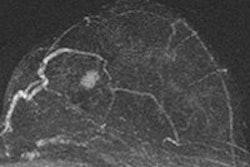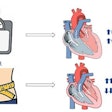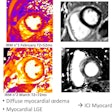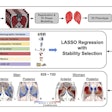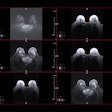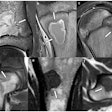Dear AuntMinnieEurope Member,
Breast MRI is known to be highly sensitive for detecting breast cancer, but the modality is time-consuming, taking up to 40 minutes to acquire a single study. Breast MRI pioneer Dr. Christiane Kuhl has demonstrated an abbreviated scanning protocol of just three minutes that could make breast MRI a reality for population-based screening. To read more about the protocol, which worked well in a study of more than 400 women, go to our Women's Imaging Digital Community or click here.
Also from Germany, researchers have determined it's feasible to achieve optimal image quality in PET/MRI scans by balancing lower radiotracer dose with prolonged PET image acquisition time to match the longer duration needed for MR image acquisition. Find out more or visit our Molecular Imaging Digital Community.
Out of the Netherlands, researchers looked into automated segmentation of head and neck CT for treatment planning, and found it fast and accurate enough for daily clinical use -- dozens of times faster, in fact, than the manual technique it aims to replace. As a result, automated segmentation has completely replaced manual segmentation in practice at Erasmus University Medical Center in Rotterdam. Read more or go to the Advanced Visualization Digital Community.
Have you dreamt of controlling an ultrasound scanner from thousands of miles away? Your dream has become a reality: Researchers have demonstrated the feasibility of robot-assisted echocardiography in a pair of articles published recently in JACC: Cardiovascular Imaging. Read about it or go to our Cardiac Imaging Digital Community.
Finally, a number of European researchers have been nominated in the Minnies, the annual awards event held by our sister site AuntMinnie.com to recognize excellence in radiology. See who they are by going to minnies.auntminnie.com.





